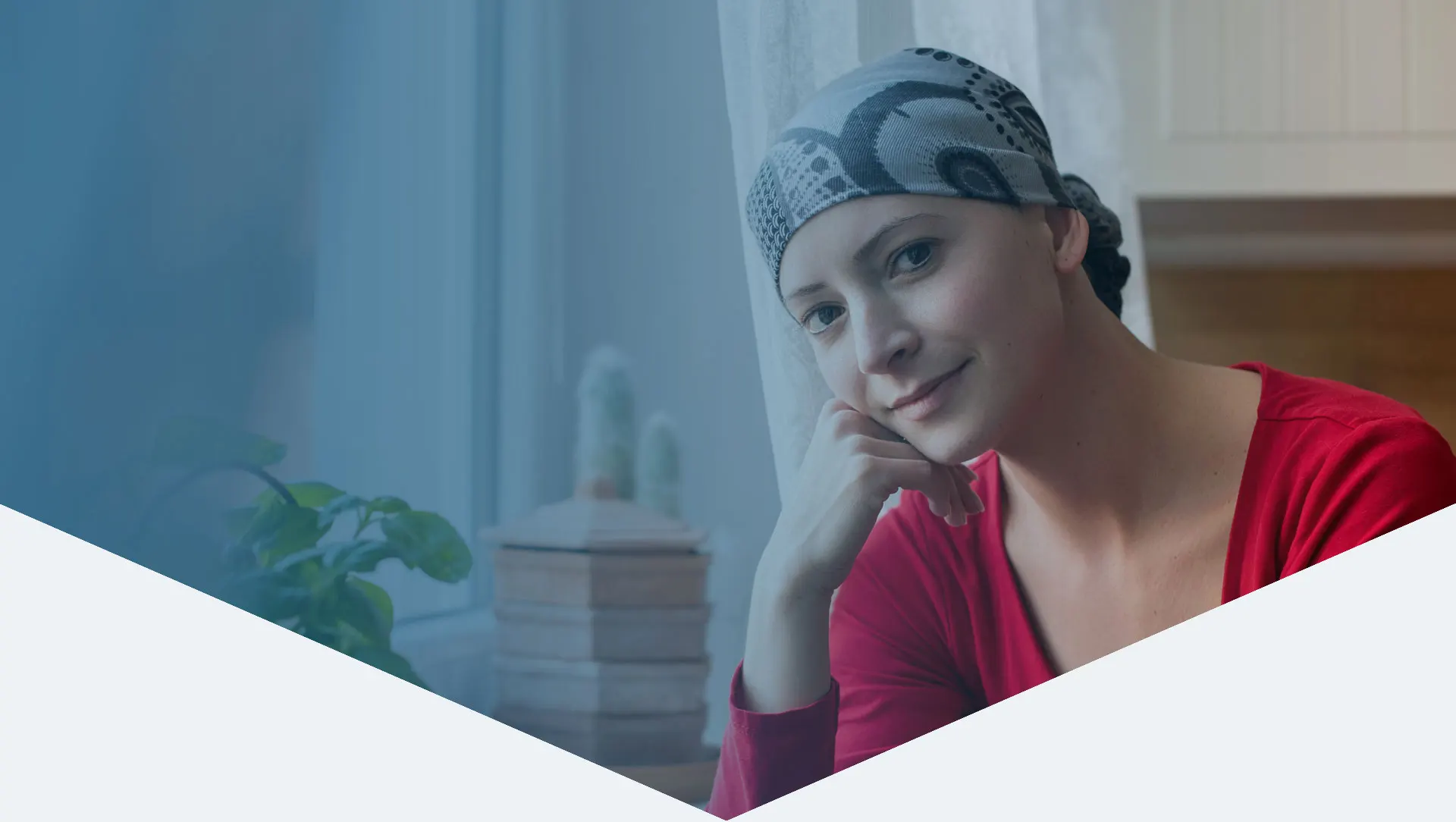
LIFE GOES ON AFTER CANCER…
THE PEOPLE WE CALL “SURVIVORS”!
Sometimes, people don’t like the name “survivor”, they just prefer “a person who has had cancer”. Everyone lives their cancer story differently, but almost everyone is ok to say that life changes after a cancer, that life seems different. There are different reactions after a cancer but some are common to almost all survivors: they become more worried about their health, they appreciate life and its benefits more, they feel lost after treatment and do not really know what to do….
MEDICAL MONITORING AFTER CANCER
The time that follows a successful cancer cure is called ‘remission’ and generally lasts five years. The patient must be medically followed very regularly. Medical examinations and blood tests are executed regularly to keep an eye on the patient’s state of health. Often, after cancer, patients are psychologically followed by specialists because this is not an easy period for them.

SIDE EFFECTS AND RISKS OF RELAPSE
THE BODY AND MIND HAVE BEEN CONFRONTED WITH VIOLENT TRAUMAS
According to medicine2000.com, the ‘survivors’ can have cognitive effects. Cancer treatments such as chemotherapy and radiation can affect the way the brain works, leading to problems with concentration, memory and the inability to do many things at the same time. We often talk about mental fatigue or cognitive dysfunction to describe this type of problem. There are long-lasting psychological effects like depression or post-traumatic stress disorder. After the chemotherapy, you can feel bad physical effects like a deficiency of the immune system, infertility or hearing loss…
Depending on the types of cancer, possible recurrences occur in very variable delays (several weeks, months or more rarely years after the treatment) and in various locations. The task of oncologists is to assess the risk of recurrence as soon as possible.

PHONE CALL SERVICE
Depending on the country, different phone call services are put in place. Generally they are free and free access for everyone. We can talk with technical advisers, physicists, oncologists or even lawyers.

DISCUSSION FORUM
These forums are dedicated to patients, their families or anyone wishing to share their experience or to help. Generally, the forum is managed by a doctor who gives clinical advice but no diagnosis.

MEETING AND INFORMATION AREA
People suffering from cancer can find these areas at certain hospitals, clinics or even at someone’s house, depending on the situation and the country you’re living in at the time of your illness or recovery.

CANCER IS NO LONGER A SYNONYM OF DEATH
TODAY IN FRANCE, ALMOST 60% OF CANCERS ARE CURABLE

PREGNANCY AFTER CANCER
Infertility in men or women can occur after cancer. In some people infertility will be temporary and in others it will be permanent. But there are certain ways to limit the risks or find solutions if infertility occurs. Infertility in women comes from a high radiation dose but it can be avoided if the ovaries are located higher in the womb. It is not recommended to get pregnant during chemotherapy. It is indeed possible that cytostatic (agents used during chemotherapy) cause damage to the future child, even if recent studies had reassuring results.
AFTER A STUDY…
According to a study, 63% of patients who have suffered from cancer believe that the period after cancer is more difficult than the treatment period itself. Patients say it’s an upsetting period they’re not prepared for. The difficulties encountered are many. They affect the patient’s employment: 17% of those who are used to exercise a professional activity never returned to work.

